As I’m sure you are all aware, over the years gardening has become swamped with folklore and superstition. From adding banana peels to your soil for extra potassium, to sprinkling coffee grounds around shrubs – both of which cause nitrogen deficiencies in the soil – we all have gardening tips which we swear by. Well it is time we shed a little light on some of these garden myths and debunk them once and for all.
1. Lighten clay by adding 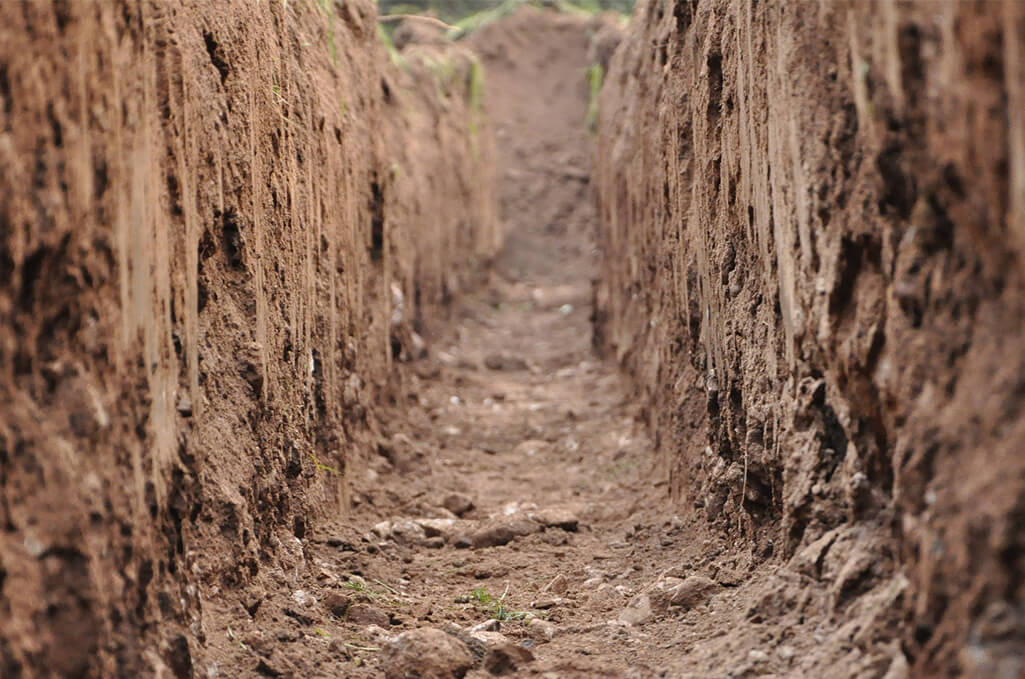
sand
Clay soil can be seen as a gardener’s nightmare. It turns rock-hard when it dries and drains badly making it a pain to cultivate. Yet this almost stodgy consistency makes it great for holding nutrients and can prove very
beneficial for some plants.
Many gardeners cope with this heavy clay-based soil by ‘lightening’ it with sand. However many plant scientists claim this will often make things worse as clay is relatively impervious while sand can absorb plenty of water. This, in turn can draw too much water to your plants and drown them.
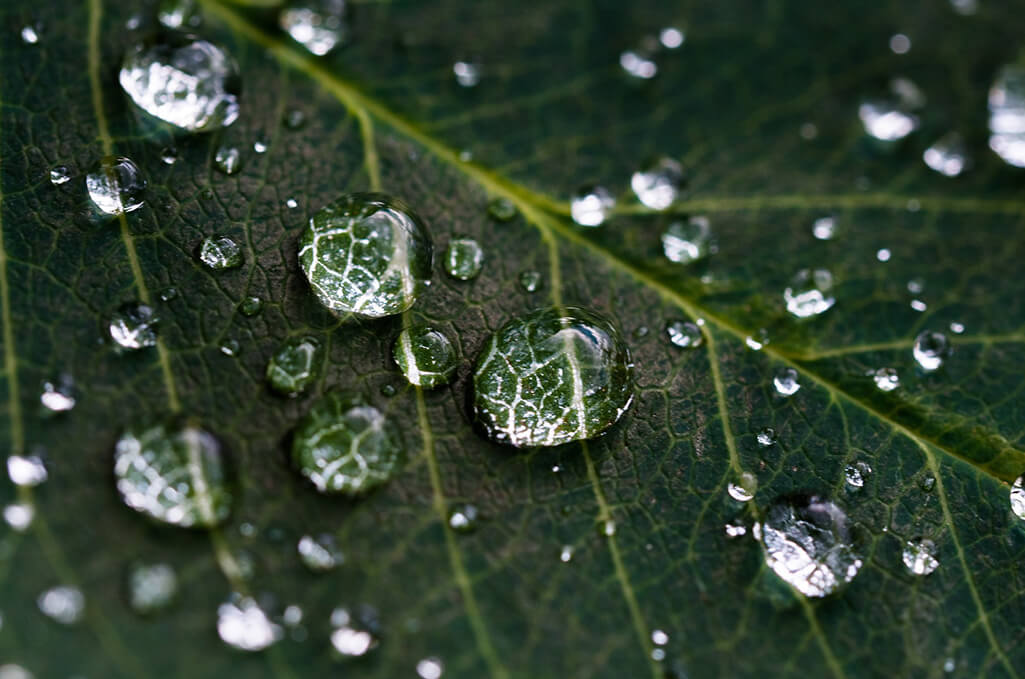 2. Sun through water burns leaves
2. Sun through water burns leaves
Many people claim that watering your plants during particularly sunny periods of the day can cause water droplets on plants to focus the solar rays from the sun, damaging leaves and flowers alike. However this isn’t entirely true as mostly the droplets tend to fall close to leaves and evaporating before ill effects can take place. Yet this ‘sunburn’ problem can very rarely occur on ‘hairy’ plants such as ferns which can sometimes catch droplets far enough away to act as a lense.
3. Tree wounds need 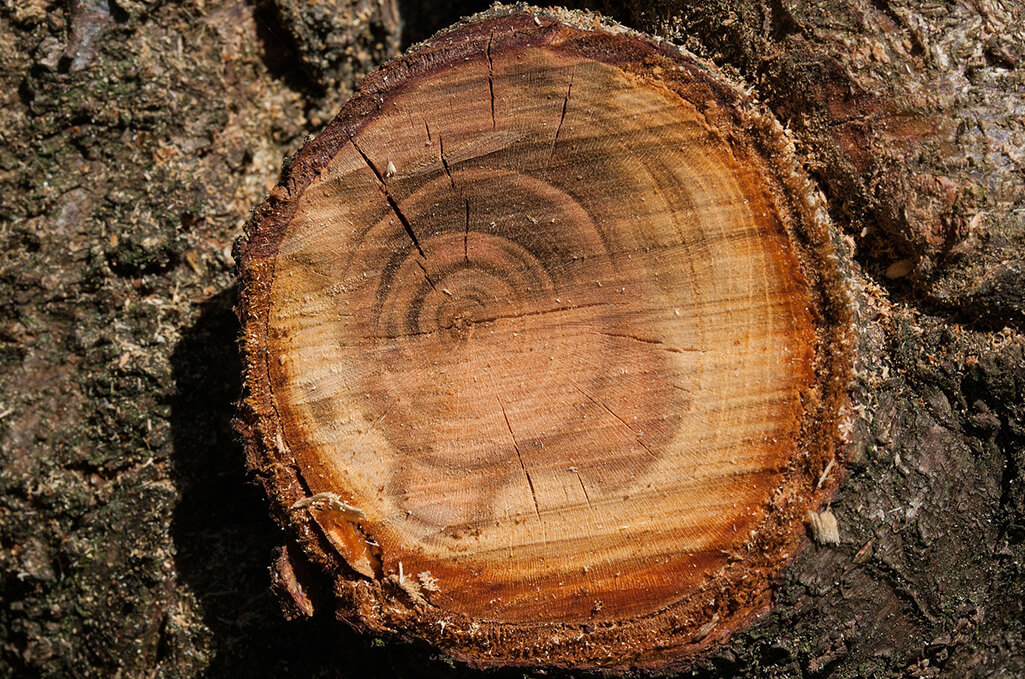
redressing
Another myth passed down over generations is the need to use tree paint or tar on tree wounds after pruning or lopping off branches. It is believed that without protection, trees would be vulnerable to pests and diseases, causing them to decay and die at a quicker rate. Over the years this has spawned many tree healing and redressing products, despite this myth actually being debunked in the 1970’s and 80’s by Dr Alex Shigo of the US Forest Service.
His theory of how compartmentalisation affects tree decay showed that applying products such as tar onto tree wounds does nothing to aid this process and also can provide a home and protective layer for pests and fungi making things worse!
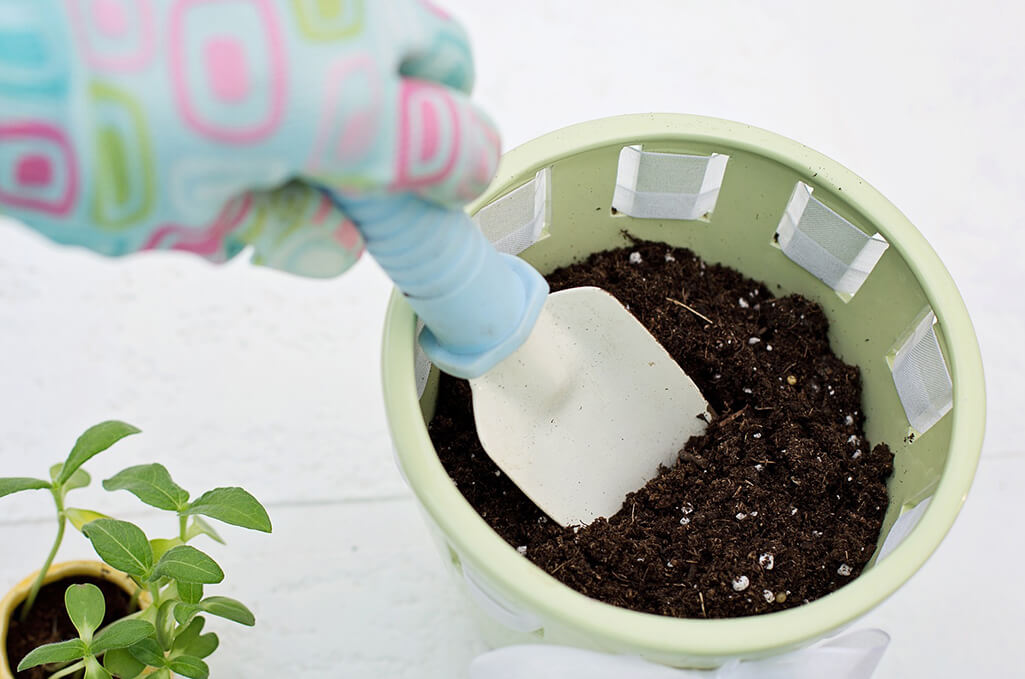 4. Gravel helps containers to drain
4. Gravel helps containers to drain
This one is very popular as it has almost become standard practise for many of us to fill containers with gravel or stones at the bottom for ‘drainage’. However this has been proven to restrict plant growth and result in poor drainage due to water sitting above the gravel and stones. The fact of the matter is soil holds moisture better than gravel does, so as long as there is a hole at the bottom of the container, water will find its way out.
The only actual benefit to adding stones at the bottom of a planter or container is to cover the hole and stop compost escaping.
5. Natural is safer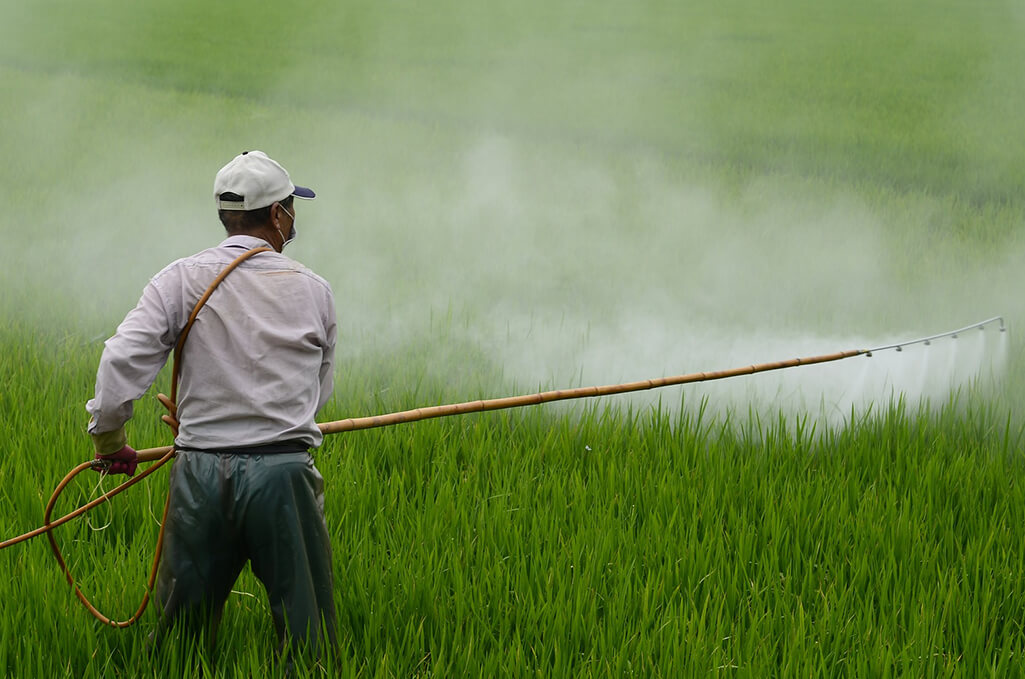
Finally, with everything going the environmental friendly route as of late, there has been a particular surge in natural pesticides. Many widely regard these labelled ‘natural’ pesticides to be the safest options for both wildlife and plants, but this is far from the case.
For example many off the shelf “natural” pesticides contain high percentages of vinegar. This has been known to kill pests, however also can be harmful for plants, often killing the tops of plants. Another important ingredient to avoid using is copper which can easily build up and stunt plant growth. If you need some homemade ideas for alternatives to pesticides, make sure you check out our pests infographic!
Do you have any garden myths or controversial techniques which you swear by? Did we debunk any of these myths for you? Let us know on Facebook or Twitter and we’ll share the best ones!
Geoff works within the Primrose marketing team, primarily on anything related to graphics and design.
He loves to keep up with the latest in music, film and technology whilst also creating his own original art and his ideal afternoon would be lounging in a sunny garden surrounded by good food, drink and company provided there is a football nearby.
While not an expert, his previous job involved landscaping so he’s got some limited experience when gardening.